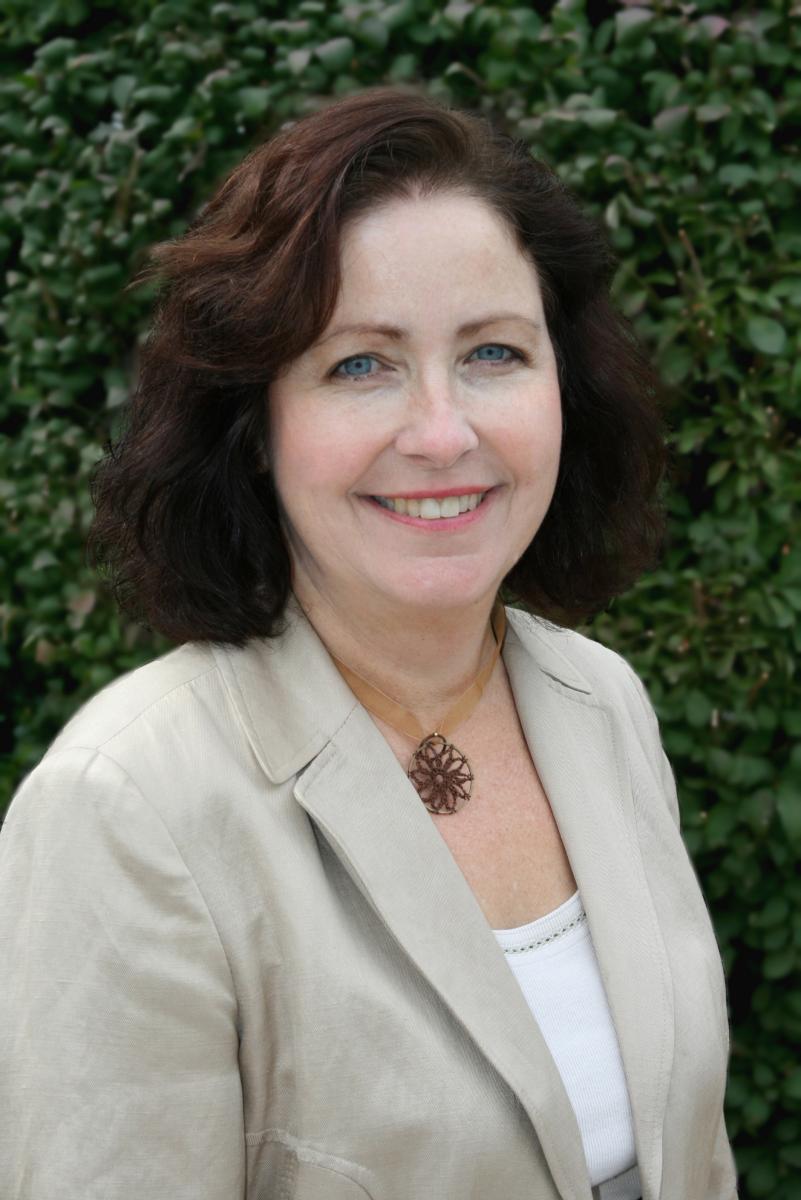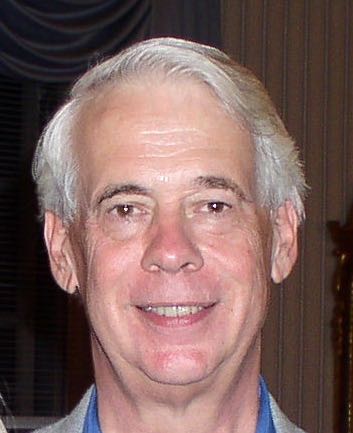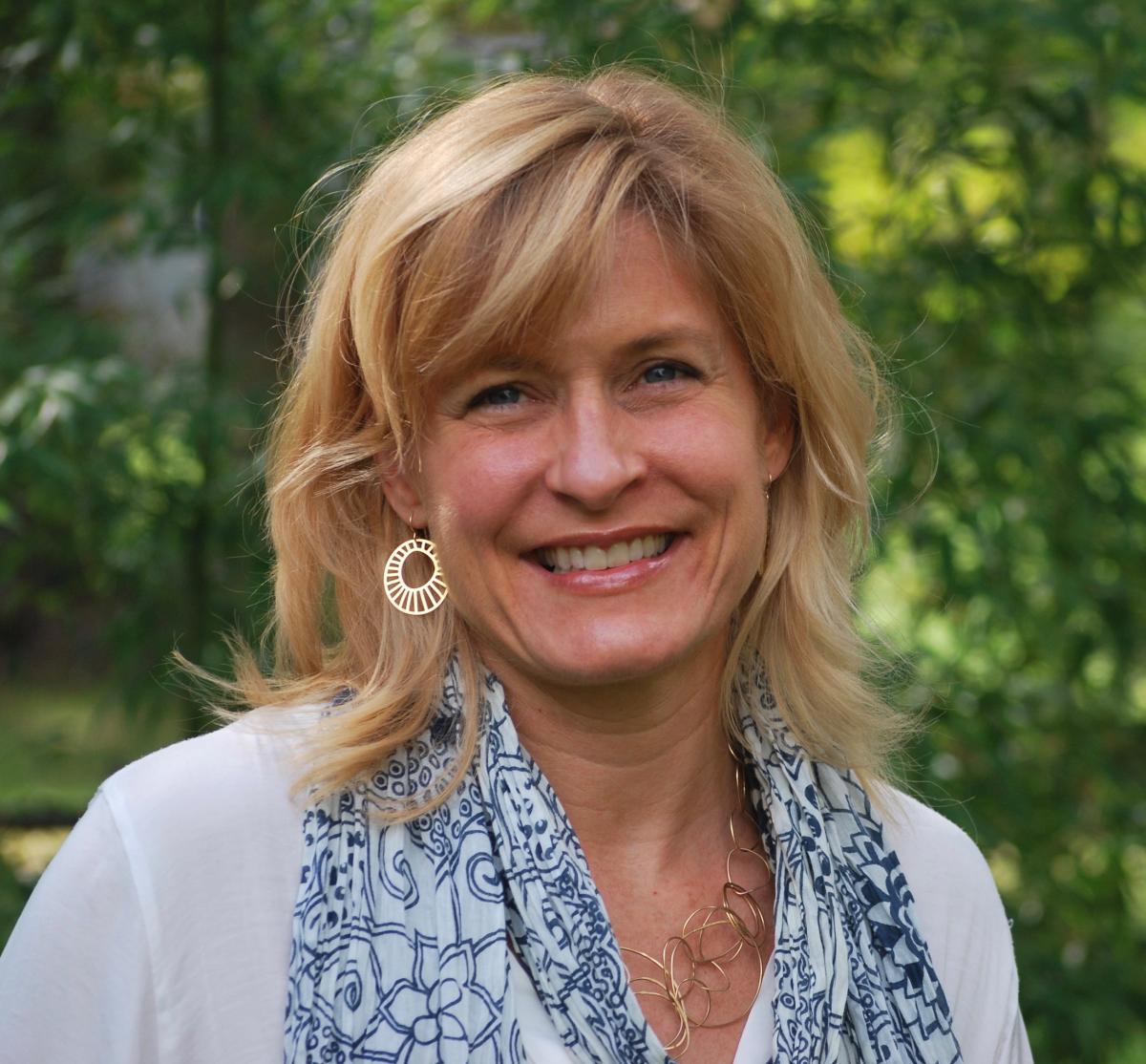

 Mid-Atlantic Chapter of ACBS (MAC-ACBS): Changing Their Corner of the World
Mid-Atlantic Chapter of ACBS (MAC-ACBS): Changing Their Corner of the World
In January, 2017, during one of the Chapter & SIG Committee’s fantastic Virtual Roundtable webinars, Miranda Morris, past-president of the Mid-Atlantic Chapter of ACBS, shared a success of their chapter: The Graduate Student Training Program
In an effort to fulfill their mission to help spread CBS, the MAC leadership decided to reach out locally and contact graduate programs at universities in their area. They formed a Graduate Training Committee to serve this purpose. The first year, the committee emailed 30-40 directors of clinical training programs. They offered to come to their university and provide a free introductory workshop in CBS (primarily ACT). These workshops ranged in length from 90 minutes to 4 hours.
Of the 30-40 programs initially contacted, 3 invited the MAC to conduct trainings the first year. Miranda Morris, Chris Wemple, and Staci Martin volunteered their time to conduct these trainings. The student response was extremely positive, and the MAC presenters were invited to come back again to do additional training.
Over the past 6 years, the MAC has continued to reach out to local graduate programs, internship programs and even group practices in the area (they send announcements about their free workshops roughly twice per year). Thus far, they have trained in 8 graduate programs, 2 internship programs, and 4 groups practices. Student interest at one of these programs, American University, was so high that the university has since begun to offer an ACT/DBT track for their Ph.D., students. At another university with no ACT track, two students requested ongoing training in ACT outside their program-- Chris Wemple volunteered to provide individual consultation to the students and has now been doing so for 2 years.
When MAC trainers present, they keep their goals modest. They don’t expect participants to become proficient in ACT or any other CBS model; the goal is to spark interest. It isn’t possible to cover material in depth in a single training, so the trainers focus on presenting the basics and making the experience memorable. To that end, trainers emphasize teaching metaphors and interventions that can be employed immediately (e.g., Tug of War with thoughts; “Milk, milk, milk”; “Don’t think about a pink elephant”). The students that MAC trains come from a broad range of theoretical disciplines, so trainers emphasize that ACT is an integrative model. Students have reported that they appreciate being able to walk out of workshops with strategies they can try out immediately.
The graduate training program has produced benefits for the MAC chapter as whole and for the trainers as individuals. MAC-ACBS has grown substantially and has gained many student and university-affiliated members. The chapter and ACBS are increasingly well known in the community. Perhaps most significantly, the trainers who started out working only with graduate students and interns are now much more effective trainers. As a result, MAC trainers now regularly conduct CE credit workshops for professionals. Two trainers are preparing to submit their applications to become ACT peer reviewed trainers. Two others expect to do the same with the next year. In all, the graduate student outreach program has been a win-win for all involved.
Congratulations MAC-ACBS!
